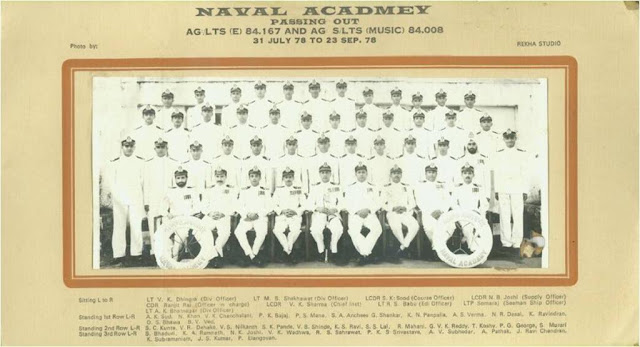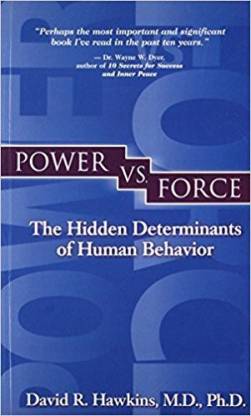Outliers: The Story of Success by Malcolm Gladwell
THE 6 KEY POINTS IN THE BOOK
1) Opportunity knocks for some – often quite arbitrary (e.g. birthdates, in the right place etc)
2) Timing – Critical to success and opportunity.
3) Upbringing leads to opportunity – The quality of upbringing a child has been shown to be a key determinant on future success (even more so than pure IQ).
4) 10,000 hours – it typically takes that amount of time to ‘master’ something. People with opportunity have the chance to ‘do’ the 10,000 hours. Others don’t.
5) Meaningful work – If you feel there is real purpose to your work, it’s more likely you will work hard.
6) Legacy – Our Values drive our behaviour. Our values are often passed down from generation to generation (e.g. The Koreans are very deferential to authority, which led to a series of plane crashes; Asians reliance on rice meant they learned the value of hard work and perseverance – which shows through in their better ability at maths (also their language helps).
Three lessons from the book.
Lesson 1: After you cross a certain skill threshold, your abilities won’t help you. To debunk the myth of the “self-made man”, which might be the most popular myth of our time, Gladwell first looked at how much your skills really influence where you end up in life. Of course practice matters, and so do genetic predispositions in sports, but there are limits to their influence. As it turns out, once you cross a certain threshold with your skills and abilities, any extra won’t do you much good.
Lesson 2: Being born in the wrong month can put you at a disadvantage. That’s because relative age matters, especially when you’re young. How old you are compared to your peers can give you a huge advantage or disadvantage, for example in sports.
Gladwell found out that most professional Canadian hockey players, who end up in the NHL, are born in the first half of the year. That’s because the annual cutoff date for youth teams is January 1st, meaning kids born in December have to compete with their friends who are almost a year older than they are. When you’re 8 years old, you stand no chance against a 9 year old in terms of strength and speed – the difference is huge when a year makes up 12.5% of your entire life.






Comments
Post a Comment